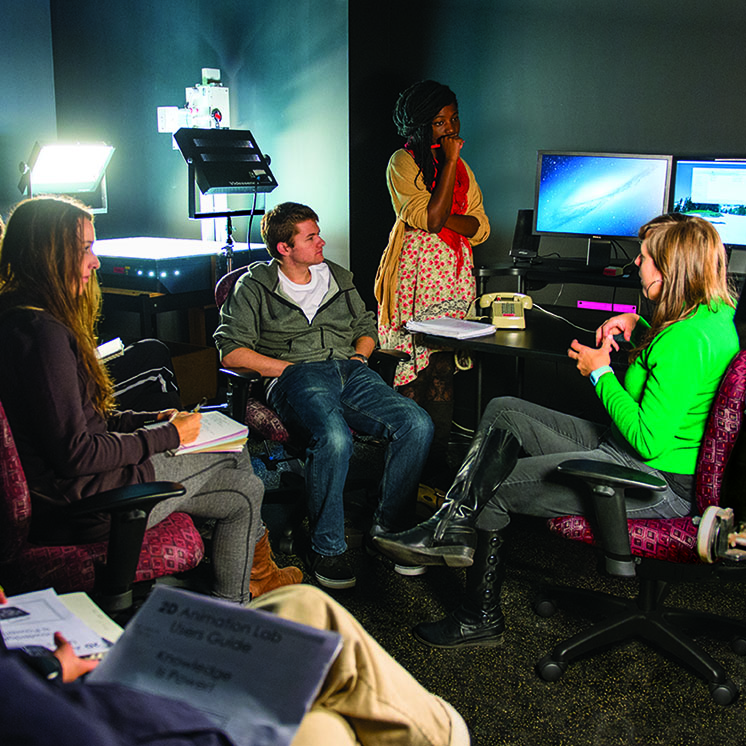The Authentic Self: Becoming an Instrument of Change
Fall 2015, Winter 2016 and Spring 2016 quarters
Taught by


You are the most powerful and versatile tool you have. Do you know who are you and what you stand for? Is that who you want to be? How can you use your presence as an instrument of change? How do you know what you evoke/provoke in others? How do you move in the world with awareness of your authentic self? The ability to communicate and influence is crucial to our effectiveness as we move through many systems. This program is designed for students who want to develop skills of self-knowledge and “use of self” as an instrument of social change.
Students will be asked to develop goals for using their learning in their own work or life settings and to examine how we internalize our theories of influence into our stance as agents of change. There will be opportunities to show our individual presence and to experience the impact of that presence on others. Together these art forms facilitate both self-knowledge and social change. By combining theory and practice, students in The Authentic Self will develop powerful skills in communications, empathy, and group dynamics.
Fall Quarter
We will use acting to assist us to observe carefully the nature of human feeling and interaction, and to use our observations to create insight in our audiences and ourselves; singing to make art out of breathing, to literally tune ourselves to the subtlest vibrations our bodies are capable of; songwriting to imagine words, rhythm, and melody together and to put forth our imaginations into public space; and human development theory to give us a frame for understanding self in context.
Winter Quarter
We will focus on how we present our authentic selves to the outside world. We will use maskmaking, performance work, and presentation skills to explore exterior expressions of our interior selves. A major focus of this quarter will be to explore how we use ourselves to influence change.
Spring Quarter
We will focus on two person and dyadic systems as we asses ourselves in intimate communities. How do we form and sustain primary relationships? How do we take care of each other? How do we connect in friendships, relationships and colleagueship? At the interpersonal level of system, boundaries are drawn between pairs: individual/individual, individual/subgroup, and individual/group. The goal of work at this level is to clarify the nature of the boundary, to understand the boundary between self and other, to define how often and with whom interaction takes place, and to notice how exchanges of influence and information occur across that boundary.
*Spring quarter students taking the program for 12 credits will engage in an additional 4 credit project related to working with dyadic systems. The project will include a research paper and a creative project using performing, media, and/or visual arts.
Possible Texts:
Csikszentmihalyi, Mihaly. Flow: The Psychology of Optimal Experience. 1991: HarperCollins; ISBN: 0060920432
Gergen, K. (2009) The Relational being: Beyond self and community . Oxford University Press, USA. ISBN: 0195305388
Smith, Anna Deavere. Twilight: Los Angeles . 1994: Anchor; ISBN: 0385473761
Sotomayor, Sonya. (2013) My Beloved World . Vintage. ISBN: 9780345804839
Credits will be awarded in arts and culture and psychology.
The Program will be offered in an Intensive Weekend format.
Program Details
Fields of Study
Location and Schedule
Campus location
Olympia
Schedule
Offered during: Weekend
Advertised schedule: Saturday and Sundays 9a-5p. Winter: Jan 9; Jan 23 & 24; Feb 13 & 14; Mar 5 & 6. First Spring meeting April 2, 9:00a, Seminar 2 B2105.
 my.evergreen.edu
my.evergreen.edu

 Fall
Fall  Winter
Winter  Spring
Spring